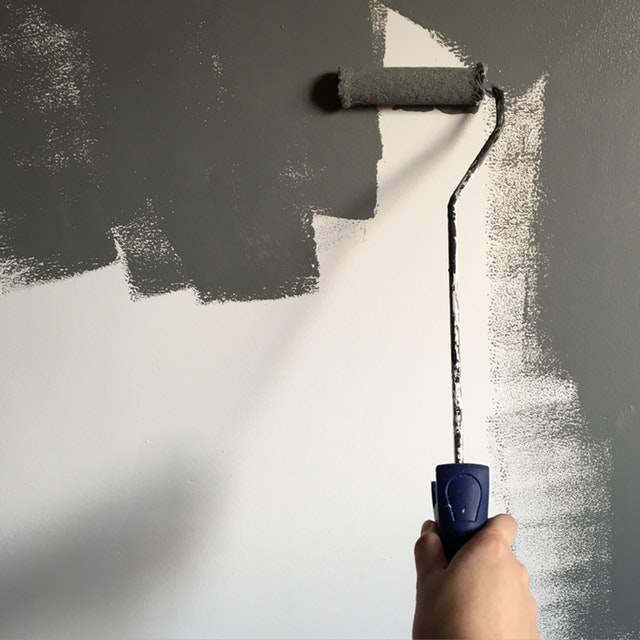In-Law Apartments Provide Tangible Benefits For Home Owners
 Many homeowners are looking for ways to maximize on their investment. One idea that is gaining popularity is a space set aside for aging parents known as an In-law apartments. These additions are living spaces that can set a property apart from others on the real estate market.
Many homeowners are looking for ways to maximize on their investment. One idea that is gaining popularity is a space set aside for aging parents known as an In-law apartments. These additions are living spaces that can set a property apart from others on the real estate market.
In-law apartments generally enjoy a private entrance and include things like a private bathroom, bedroom, kitchen and living room. Although generally smaller than the main residence, in-law apartments provide all the elements of a home. Because these living spaces are often built after the original floor plan was conceived, spaces such as walk-out basements, garages or separate wings of a homes are converted.
The size and location of this unit is also dictated by adherence to local zoning ordinances and building codes. Once they are established, the door to turning them into a straight rental unit may be opened. If you are considering buying or selling a home with an in-law apartment, consider these benefits.
Benefits Of An In-Law Apartment
In terms of buying or selling a property that includes a separate residence, there are pragmatic reasons they are seen as attractive. These may include the following.
- Elder Care: Our valued parents and grandparents will come to a point where they require some assistance from younger loved ones. An in-law apartment allows homeowners to offer them a private living space while providing effective care. In-law apartments are wonderful spaces that allow you to give back to aging family members in a dignified setting.
- Building Relationships With Grandparents: The economic and time pressures placed on working families often compels parents to place children in daycare or after-school programs. While these are certainly viable options, they may be secondary to family members. An in-law apartment may create an opportunity to have a grandparent or other family member spend quality time with your child. In-law units can enhance the bonds of family while maintaining a level of privacy.
- Guest Space: With family members relocating for employment opportunities, the ability to spend time together has become increasingly difficult. An in-law apartment provides a space for extended stays.
- Rental Income: An in-law apartment that gains approval can be an excellent revenue-generator. That extra income can help offset mortgage, insurance and tax costs. That makes homes with rental units attractive to buyers.
- Increase Property Value: Home improvements such as decks, smart technology and other amenities tend to add to a property’s value. Not only does an in-law apartment include all of the necessities of a living space, it can also bring in revenue. That’s why in-law apartments provide added value for home sellers.
If you are considering buying a home that may include an in-law apartment or if you are planning to do some remodeling to accomodate long-term guests, be sure to mention this to your trusted mortgage professional. This increase in property value and potential income can open doors to additional financing options for your property.

 The drama of home and garden TV shows may be fun to watch, but no matter what you think, reality shows are not at all like real life. If you think it’s easy to buy a house that needs updating and turn it quickly for substantial profit, you might want to think again.
The drama of home and garden TV shows may be fun to watch, but no matter what you think, reality shows are not at all like real life. If you think it’s easy to buy a house that needs updating and turn it quickly for substantial profit, you might want to think again.  If your financial situation is limited, yet you’re handy with a hammer and nails, then purchasing a fixer-upper home can be an attractive option. Fixer-uppers typically require a bevy of updates and repairs to bring the home up to current market conditions.
If your financial situation is limited, yet you’re handy with a hammer and nails, then purchasing a fixer-upper home can be an attractive option. Fixer-uppers typically require a bevy of updates and repairs to bring the home up to current market conditions. Selling your home is one of the most stressful things you’ll ever go through and one of the most important decisions you’ll ever make. However, there’s a lot more to selling your home than just sticking a sign out in the front yard. Most likely, your home will need a little work before it is perfect.
Selling your home is one of the most stressful things you’ll ever go through and one of the most important decisions you’ll ever make. However, there’s a lot more to selling your home than just sticking a sign out in the front yard. Most likely, your home will need a little work before it is perfect.